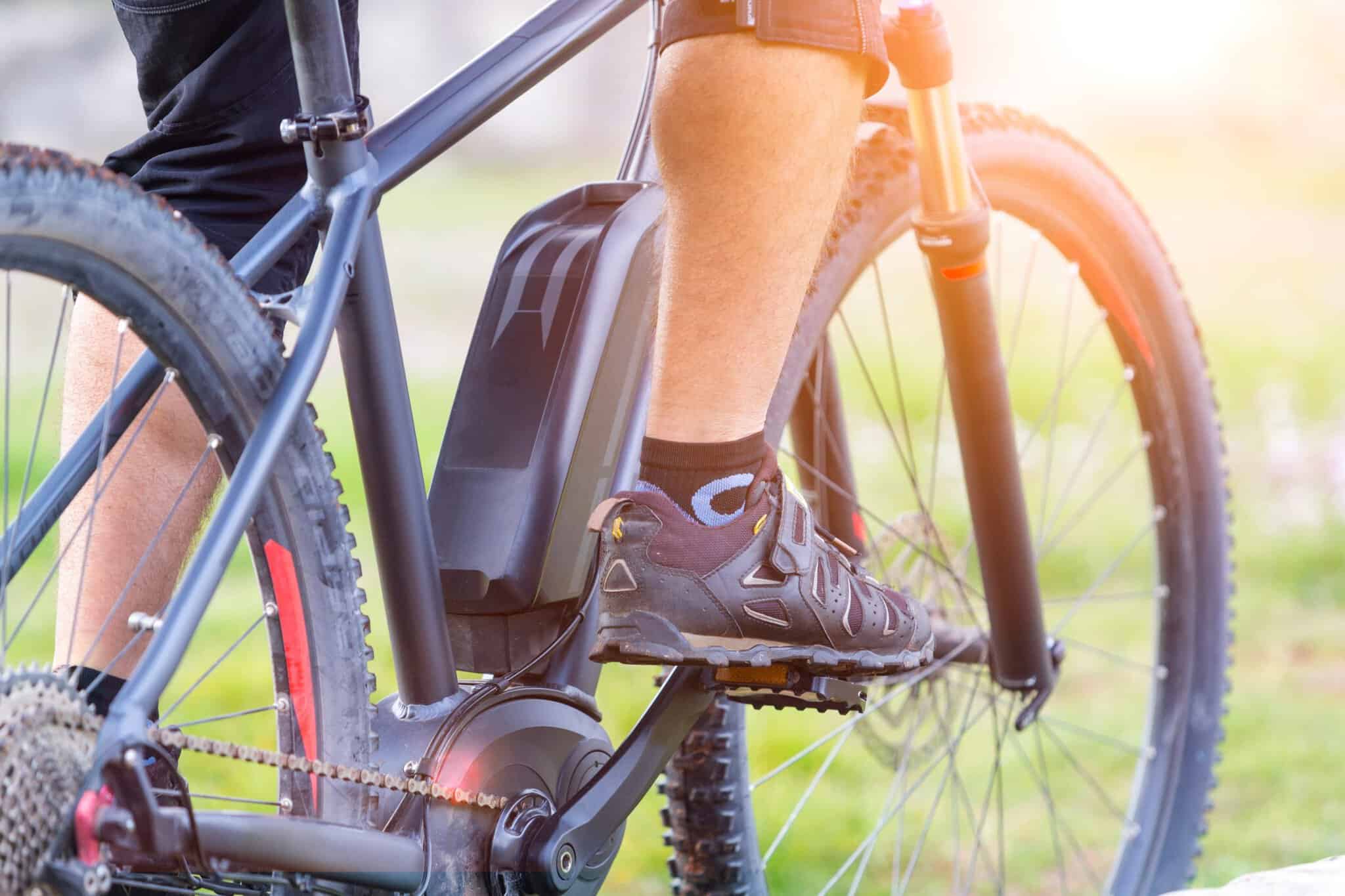The Michigan Department of Natural Resources (DNR) is considering a land use change that would expand the use of electric bicycles (e-bikes) on state park-managed nonmotorized trails. Under the current law, only Class 1 e-bikes, which are pedal-assisted and can reach speeds of up to 20 miles per hour, are allowed on improved surface trails. However, the proposed change would allow Class 1 e-bikes on natural surface trails as well. Additionally, Class 2 e-bikes, which are throttle- and pedal-assisted, could be used on both linear paved trails and natural surface trails if the cyclists have obtained a permit.
The decision to expand e-bike usage on specific state-managed trails was based on extensive research and discussions with trail user groups. The DNR also looked at other states’ e-bike policies and found no issues with conflicts or unnecessary damage to natural resources. For example, the Arkansas state park system has allowed e-bikes on its trails for years without any problems.
The proposed land use change is currently open for public input through a survey that will be available until March 31. The results of the survey will be shared during the April 11 Michigan Natural Resources Commission meeting. If approved, the policy change will go into effect immediately after the commission’s May meeting.
The expansion of e-bike access aims to make trails more accessible to individuals with physical limitations, older adults, and anyone who could benefit from assistance while cycling. E-bikes offer a health benefit to riders as they still require pedaling.
To learn more about the proposed change, the current e-bike policy, and participate in the survey, visit Michigan.gov/DNR/Ebikes. The DNR encourages a broad range of public feedback to ensure all perspectives are considered.
The proposed land use change in Michigan to expand the use of electric bicycles (e-bikes) on state park-managed nonmotorized trails is part of a larger trend in the outdoor recreation industry. E-bikes have gained popularity in recent years, appealing to a wide range of individuals including those with physical limitations and older adults. The industry has seen significant growth and is projected to continue expanding in the coming years.
According to a report by Grand View Research, the global e-bike market size was valued at $23.89 billion in 2020 and is expected to grow at a compound annual growth rate (CAGR) of 9.7% from 2021 to 2028. Factors driving this growth include increasing consumer preference for eco-friendly transportation options, advancements in battery technology, and government initiatives promoting electric mobility.
In the United States, e-bike sales have surged as well. The Electric Bike Market Report published by the NPD Group states that e-bike sales grew by 145% in 2020 compared to the previous year. This growth is likely to continue as more people recognize the benefits of e-bikes, such as reduced carbon emissions, improved physical fitness, and easier commutes.
Despite the positive outlook for the e-bike industry, there are some challenges to consider. One issue is the need for infrastructure development to support e-bike usage. This includes the creation of charging stations, dedicated e-bike lanes, and improved trail conditions. Investing in these areas will be crucial to ensure a smooth transition and enhance the overall user experience.
Another concern is the regulation of e-bikes. Different states and municipalities have varying laws and regulations regarding e-bike usage, creating a somewhat fragmented landscape. However, efforts are being made to establish consistent standards and classifications for e-bikes across the country. Organizations like PeopleForBikes are working to advocate for e-bike-friendly policies and educate consumers and policymakers about the benefits of e-bikes.
To stay updated on the latest industry news and market forecasts, you can visit reputable sources such as electricbike.com or bikeradar.com. These websites provide valuable insights into the e-bike industry, including product reviews, market trends, and industry analysis.
In conclusion, the proposed land use change in Michigan reflects the growing popularity and potential of e-bikes in the outdoor recreation industry. With the market forecast showing continued growth, it is important for policymakers and industry stakeholders to work together to address infrastructure needs and establish consistent regulations. By doing so, they can promote safe and sustainable e-bike usage and ensure that trails and natural resources are protected for future generations.
The article has been updated: 2024-11-01 09:54
Here are some suggested related links:
Michigan.gov – The official website of the State of Michigan, providing information on state services, resources for residents, and updates on state policies, including outdoor recreation and natural resources.
Michigan Department of Natural Resources – The main domain of the Michigan DNR, which oversees state-managed trails, parks, and wildlife, and provides regulations and news related to outdoor activities including e-bikes.
Trails of Michigan – A comprehensive resource for information on trails across Michigan, including maps and updates on access for different types of recreational vehicles, such as e-bikes.
Electric Bike Blog – A leading online publication focused on electric bikes, offering news, reviews, and insights into e-bike legislation and access policies around the United States.
Outdoor Industry Association – An organization that promotes the outdoor recreation industry, providing information on trends and policies impacting outdoor activities, including the use of e-bikes on trails.
The article has been updated: 2024-11-02 20:00
What are the key points of the Michigan Department of Natural Resources’ proposal regarding e-bikes on state-managed trails?
The Michigan Department of Natural Resources has proposed expanding access for e-bikes on state-managed trails. Key points of the proposal include allowing Class 1 and Class 2 e-bikes on a greater number of trails where traditional bicycles are permitted. Class 1 e-bikes are pedal-assist bikes that provide help only when the rider is pedaling, while Class 2 e-bikes can also provide throttle assistance. The proposal aims to enhance recreational opportunities, promote inclusivity for those who may struggle with traditional biking, and support tourism. Public feedback is being sought to help shape the final decision on the policy.







